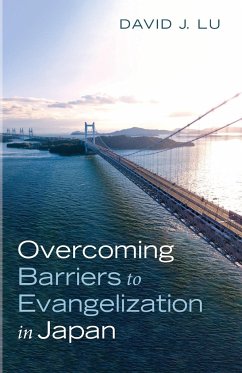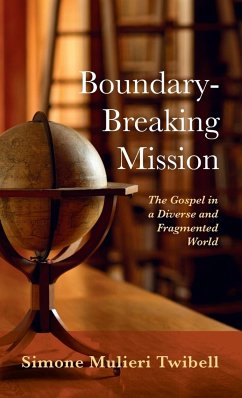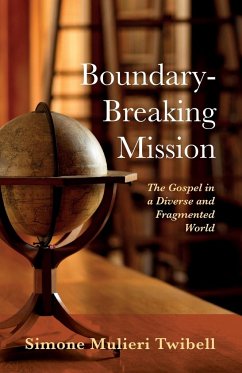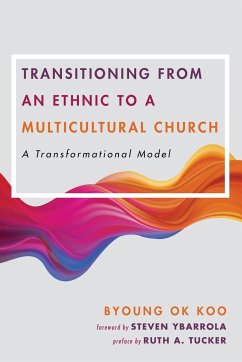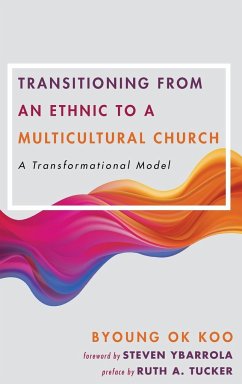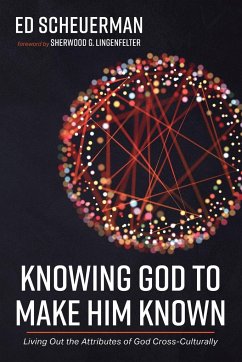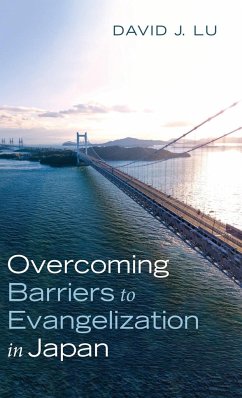
Overcoming Barriers to Evangelization in Japan
Versandkostenfrei!
Versandfertig in 1-2 Wochen
30,99 €
inkl. MwSt.
Weitere Ausgaben:

PAYBACK Punkte
15 °P sammeln!
With the advent of the Reiwa era and 2020 Tokyo Olympics, the world's attention is riveted on Japan's grand tradition. Yet these same traditions are the ones that are hindering our efforts for evangelization. A college student knows he will be disowned by his family if baptized, and a Christian wife cannot receive baptism because of her Buddhist husband's strong opposition. How can we combat against these? There are two approaches: 1. We can condemn Japanese practices as total darkness and preach against them, or; 2. We can follow Paul's teaching and deem the Japanese people as worshiping ""an...
With the advent of the Reiwa era and 2020 Tokyo Olympics, the world's attention is riveted on Japan's grand tradition. Yet these same traditions are the ones that are hindering our efforts for evangelization. A college student knows he will be disowned by his family if baptized, and a Christian wife cannot receive baptism because of her Buddhist husband's strong opposition. How can we combat against these? There are two approaches: 1. We can condemn Japanese practices as total darkness and preach against them, or; 2. We can follow Paul's teaching and deem the Japanese people as worshiping ""an unknown god"" (Acts 17:22-31), and try to emphasize common grace at each turn. This book follows the second approach, but provides judiciously placed ""caution"" signs. It will tell you how to engage in conversation with non-Christians while providing an insider's view of Japan's rich cultural heritage. Its main purpose is to obtain conversion among the die-hard Buddhists, Shintoists, and traditionalists. When that is done, God's kingdom will be enriched in a manner similar to the time when Saul of Tarsus became Paul the apostle.





